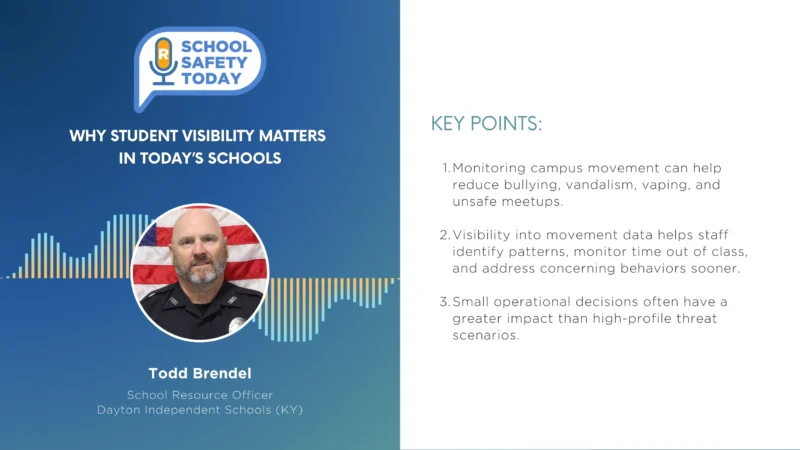How Higher Ed Must Adapt to Survive
The more data that drops, the clearer the message for institutes of higher learning—in order to keep pace with today’s society, operations must change. In this episode, Kshitij Nerurkar, Education Business Leader at Cognizant, drills down on his numbers for further evidence.
Cognizant last week released the findings of its study, “The Work Ahead in Higher Ed: Repaving the Road for the Employees of Tomorrow.” The study reveals disruption for students and educators caused by the COVID-19 pandemic has only just begun with 45% of educators surveyed believe the pace is accelerating.
With the sudden pivot to online and hybrid learning, and the renewed awareness of education inequities, higher education is now in the throes of a major reinvention. Increasingly, educators need to examine the rigid, lengthy approach to how students learn and earn a degree over their academic careers. The study uncovers the need for a more fluid, flexible and personalized approach to education in order to meet the new ways students will engage with professors and achieve academic success.
“The role of the modern university is being disrupted,” said Kshitij Nerurkar, Education Business Leader, Cognizant. “The pandemic has shined a spotlight on many inequities and challenges that higher education institutions are facing as they pivot to new ways of teaching students. Students are not interested in sitting in classrooms anymore and taking exams. To prepare the next generation of students will require institutions to be more flexible and adopt new technologies and digital modes of education delivery.”
With the new and ever-changing skills required to meet the rise of AI, analytics and automation in the workplace, students are now faced with the prospect of having not one but multiple careers in their lifetime, making the traditional linear model of education-employment-career inadequate.
Technologies such as hyperconnectivity, artificial intelligence (AI) and big data/analytics will help Higher Ed institutions adopt to the new ways of learning. These technologies will create a new path for educators to teach, but they will need to be re-trained to elevate their skills as machines take on more repetitive tasks, such as administrative activities. Educators continue to be skeptical that this level of learning can be delivered.
The study highlights key educational and technology takeaways that institutions need to carry forward to provide a better student experience, including:
Intelligent Systems and Connectivity: more than half of respondents are doubtful their existing educational systems are ready for the adaptations needed. The greatest drivers of change are hyperconnectivity (45%), AI (42%) and analytics (42%), which will drive better student engagement, greater educational access, and personalization.
Adoption is Slow: while educators acknowledge the importance of these technologies, widespread implementation of AI and analytics are minimal, only 7% and 4%, respectively. The improvements so far, 29% being the higher end, have been small, but improvement is expected between now and 2023.
Financial Commitment: investments need to rise to reap much-needed gains. With an expected growth of just 3.5%, higher education’s digital investments are the lowest among industries surveyed. While just 5.6% of higher-ed respondents’ revenues are derived through digital channels today, that figure is expected to nearly double by 2023, to 10.6%.
Future Learning Experiences
Going forward students will learn differently. In a digital-first world, they will expect content that responds to them. Students will require learning experiences that are easy to access and be highly compelling, even bingeworthy, drawing students from one module to the next like the latest television show on a streaming service.
In a hyperconnected world, rote classroom activities will give way to a fusion of lesson plans with pick-and-choose, video game-like distance learning options (or motion-activated learning while on the move, with an audio lecture or podcast and no screens or devices at all).
Technology should be used to “nudge” or check in with students, whether through chatbots, texting, conversational AI or other mechanisms, using analytics and machine learning algorithms to detect when such engagement would be most effective, to make student communications easier, constructive and persistent.
Like musicians or filmmakers, we might see teachers and professors begin to franchise or license lessons with on-demand revenue allocation. The rise of offerings like Master Class — a fee-based streaming platform that offers stepwise lessons from the world’s virtuoso storytellers, chefs, filmmakers, etc. — provides an idea of how this might work.
Listen to Previous Episodes of EdTech Today!
Follow us on social media for the latest updates in B2B!
Twitter – @MarketScale
Facebook – facebook.com/marketscale
LinkedIn – linkedin.com/company/marketscale







